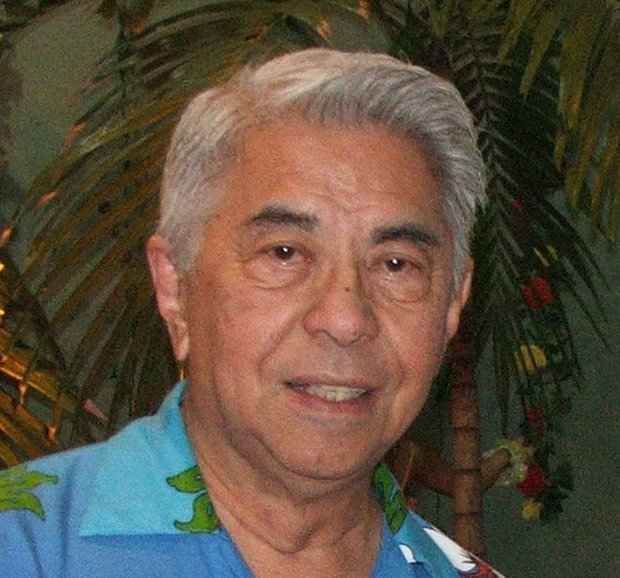LEE IACOCCA FOR US PRESIDENT?
 Is the country ready to elect as president Lee Iacocca a former chief executive - a successful one - of two American car companies? With the deteriorating image of our current U.S. president and his peculiar style of leadership, perhaps it is time that Lee reconsider the offer once made to him back in 1984.
Is the country ready to elect as president Lee Iacocca a former chief executive - a successful one - of two American car companies? With the deteriorating image of our current U.S. president and his peculiar style of leadership, perhaps it is time that Lee reconsider the offer once made to him back in 1984. Lee has a colorful track record to be proud of. When he was President of Ford Motor Company he introduced a revolutionary sporty car which was called THE MUSTANG, named after a wild horse originally named by the Spanish mesteno- but actually Iacocca was thinking of the Mustang (P-51 Fighter Plane of World War II).
Despite this outstanding success that was respected not only throughout the American car industry but across the globe, Lee had a problem of relationship witn only one person, and since it came to a head he had no choice but to leave the company. For some reason that even he did not know a personality conflict arose between him and Henry Ford II who dismissed him from the company. Lee admits the event was one of his painful downside in his life, but with his dynamic personality and sales experience, he maznaged to rebound and later joined Chrysler Corporation.
However, before Lee joined the firm, Chrysler in 1979 seemed destined for bankruptcy. Some say that because of Lee’s timely take over as CEO Chrysler was able to forestall bankruptcy. With Lee Iacocca’s determination and track record, he was able to convince the U.S. government to release as financial loan or ”bail out” 1.2 billion in loan guarantees provided by the federal government.
And it didn't cost the taxpayer a penny. Unable to get private banks to finance a turnaround, he went to President Carter and Congress in search of $1.2 billion in federal loan guarantees to keep the company alive. Congress agreed, and passed the Chrysler Loan Guarantee Act.
After he published his first book, an autobiography, Lee now has come out with a timely and arresting book - that many leaders could use to reflect on the basic elements of REAL leadership - whether that of chief executive of a country or a corporation. The book WHERE HAVE ALL THE LEADERS GONE written in the candid narrative style that Lee is known for, is so current that Lee even analyzes the present set of candidates who will vie of the position of next President of the United States.
After graduating from Lehigh University which he uses as a model for all the training and skill he learned that came into play when he was chief executive, Lee won the Wallace Memorial Fellowship and used it to study at Princeton University as an engineer. Iacocca joined in the early 1950's and after a brief stint on engineering, he quickly asked to be moved to sales and marketing where his career flourished.
In his latest work WHERE HAVE ALL THE LEADERS GONE, he came up with a set of qualities of leadership which he calls the Nine “Cs of Leadership.” They are COURAGE, CHARACTER, CONVICTION,COMMUNICATION, COMPETENCE, CRISIS,CURIOUS, CHARISMA, COMMON SENSE.
Iacocca feels that these are the qualities that every true leader should possess.
A leader should have courage or balls - even female leaders. The leader should also have CONVICTION which he says is “fire in the belly”. He considers President Bush’ 400 vacation days unproductive and should be been devoted to the business of governing. Morever, Capital Hill is also under scrutiny when Iacocca noted that Congress was in session only ninety-seven days in 2006.
CHARISMA is the quality that makes people want to follow you, he said. A leader has to be COMPETENT or he has to know what he is doing and well. And then a most misunderstood phrase is COMMON SENSE which is a basic requirement of a good leader or even a good individual. A leader must have CHARACTER or what is called integrity. A leader who can COMMUNICATE means one who faces reality and truth and to say it how it is which the present U.S. administration seem to lack. Talking straight seems absent in the current set of leaders in our government today.
In his opening chapter Iacocca exclaims, “Am I the only guy in this country who’s fed up with what’s happening? Where the hell is our outrage? We should be screaming bloody murder. We’ve got a gang of clueless bozos steering our ship of state right over a cliff…and instead of getting mad, everyone sits around and nods their heads when the politicians say, ‘Stay the course’. You’ve got to be kidding. This is America, not the damned Titanic. I’ll give you a sound bite: “THROW THE BUMS OUT!”
It is very significant to note that whatever blunders - and many incidents under this administration ARE not mistakes but blunders - a peace corps volunteer teaching in Africa heard an elder statesman that there is still no other nation in the world who can exhibit constant and dynamic leadership is the United States of America.
==================



